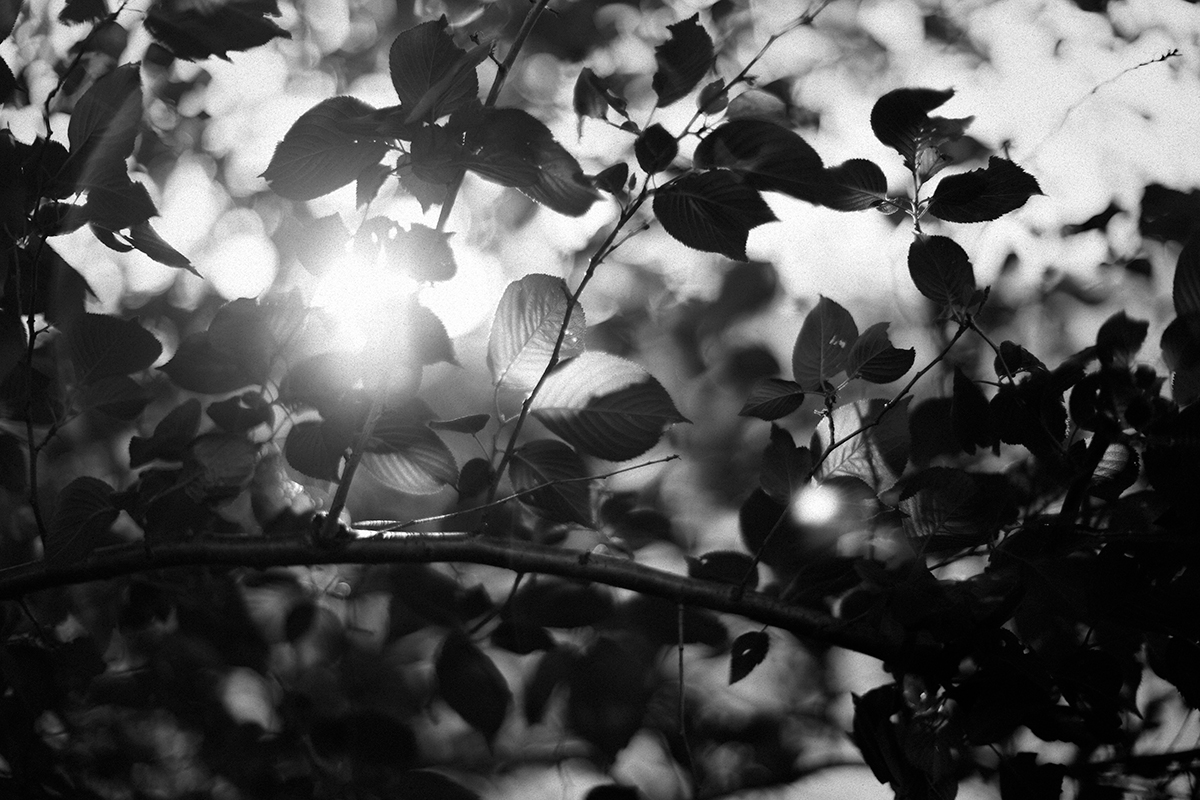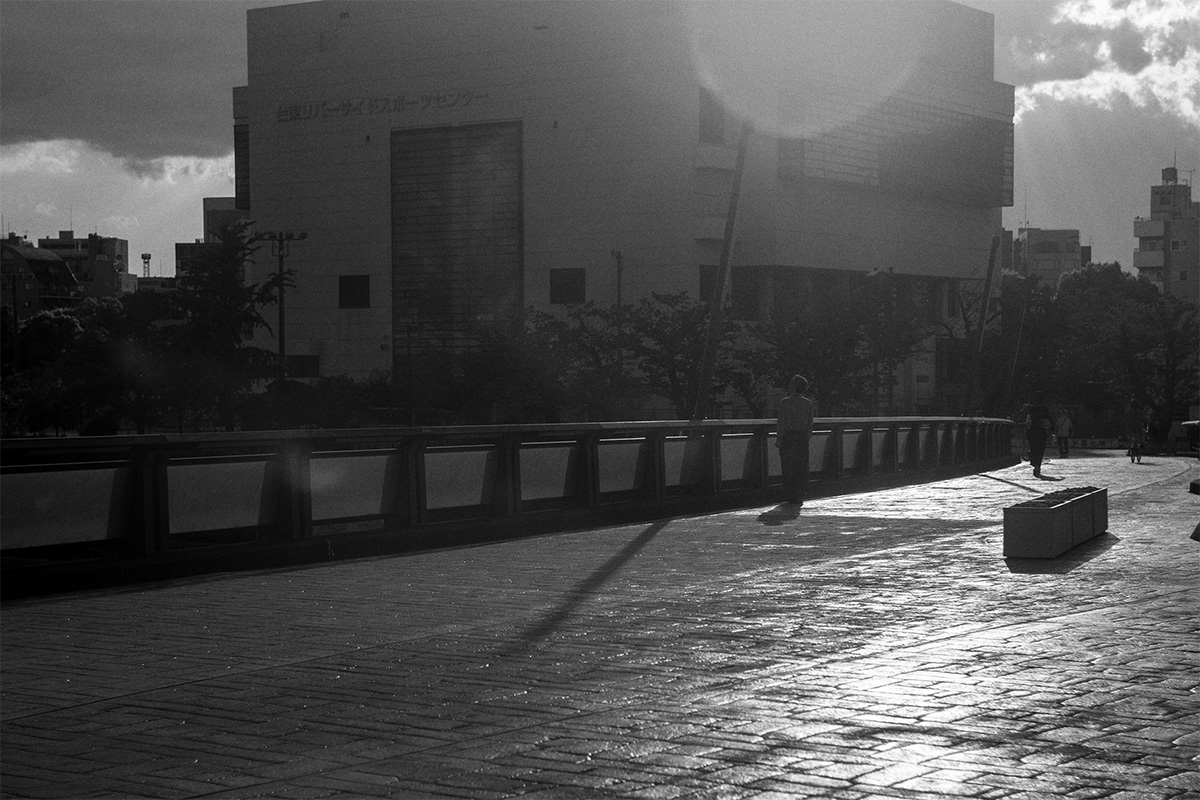I’ve been contemplating the word “daily life” as a theme for a photo exhibition. Hoping to find inspiration, I rewatched the film “Perfect Days” starring Koji Yakusho.
It was a quiet, understated film—yet one that gradually seeps into your heart. What follows are my thoughts, jotted down as impressions, which simultaneously serve as my own meditation on “daily life.”

Contrasting Hirayama’s Daily Life with My Own Routine
I have no routine. I’ve been self-employed for over 20 years. There are deadlines, but no one questions “how I got there.”
Only the start and finish are required. Everything in between is free—which is certainly freedom, but carries with it a certain precariousness.
In contrast, the protagonist of “Perfect Days,” Hirayama, lives the exact opposite.
He wakes each morning to the sound of a broom, waters his plants, and gets himself ready. He looks up at the sky when leaving his apartment, buys a canned coffee, inserts a cassette into his radio player, and drives off.
His day begins with cleaning public toilets, then visiting the same bathhouse, buying paperbacks at a used bookstore, reading under the light of a lamp, and finally going to sleep.
That repetition forms the structure of his life, quietly supporting him.
A routine not imposed by others, but chosen by himself. He seemed to protect it, and be protected by it in return. It was understated, yet possessed a dignified beauty.
People Who Interrupt the Daily Routine, and How to Receive Them
Yet even in that daily life, people occasionally intrude.
A young coworker relies on him, then suddenly quits. His niece Niko visits unexpectedly. The former husband of the bar owner he’s drawn to suddenly appears.
Hirayama responds to these events with flexibility, slightly disrupting his rhythm but then returning to it. Even when his routine is disturbed, he has a place to return to.
I think that’s the strength of someone who has a routine. Being aware of deviations makes the direction back visible.
The time spent with Niko was particularly impressive. He quietly readjusted the “defensive shield” he usually kept up when alone to accommodate two people. It was incredibly gentle and beautiful.
There’s a suppleness to Hirayama’s life. Though seemingly unchanging, there’s a quiet flexibility that doesn’t reject the presence of others. That’s what makes his “daily life” unbreakable.

Dappled Sunlight and “Taking Photographs”
Cleaning public toilets might not be a job everyone desires. But Hirayama performs it with pride, meticulously, beautifully.
In between, he looks up at the dappled sunlight. Leaves swaying in the wind, shadows of clouds—the play of light changing in an instant.
He gazes intently at those transitions.
I think the act of taking photographs is somewhat similar.
In the gaps of daily life, I catch the angle of light, the fluctuation in people’s expressions, changes in the particles of air, and press the shutter. On days when I capture such a moment, I feel a bit of happiness.
Hirayama knows that even within the seemingly repetitive daily life, there are subtle differences and beauty.
The Changes and Growth Within Repetition
I have no routine. I’m free.
But watching this film made me a little envious. Days repeating at one’s own pace. There are certainly things that can only grow within such a framework.
For people to build something up, the act of “repetition” is necessary. Hirayama quietly but powerfully taught me that.
There’s a scene that left an impression on me.
The exchange between the bar owner’s ex-husband and Hirayama. Facing illness and contemplating his limited time, the ex-husband murmurs:
“When shadows overlap, do they get darker?”
Hirayama tilts his head slightly.
“Who knows…”
“There’s so much I don’t understand. In the end, I’ll die without understanding anything.”
To this ex-husband, Hirayama gently suggests:
“Shall we try it?”
—The two try overlapping their shadows.
“Well, it doesn’t seem to change,” says the ex-husband.
Hirayama responds: “Isn’t it getting darker? The idea that nothing changes—that’s nonsense.”
This exchange pierced my heart deeply.
There’s surely no such thing as an unchanging daily life. Time spent living earnestly through the days definitely holds something valuable.
Hirayama’s words revealed both the lived experience of someone who has accumulated those days and a gentleness toward others.
The Weight of Life Residing in “Perfect Days”
Daily life consists of an accumulation of small events. Like dappled sunlight, even if it appears the same, no moment ever repeats exactly.
Such a string of “Ordinary Days” eventually becomes the jewel of “Perfect Days.”
The film quietly yet powerfully conveys this message.
There are people who feel they haven’t seen visible results despite their efforts.
But change is definitely occurring. The idea that “nothing has changed” is absurd, I think.
Time spent with determination, however slight, in daily life. Time spent doing something for someone else. It’s impossible that these had no impact.
Even in seemingly ordinary daily life, there are definitely emotions, and something reaches someone.
Daily life is certainly accumulating. Quietly, firmly, behind us.
When we realize this, I believe there’s a small but certain happiness.
I too want to discover small routines and accumulate my own version of “daily life.”

For more photos with the Noctilux 50mm f1.0, click here
For more photos with the Summar 50mm f2.0, click here
©︎All rights reserved.


コメント